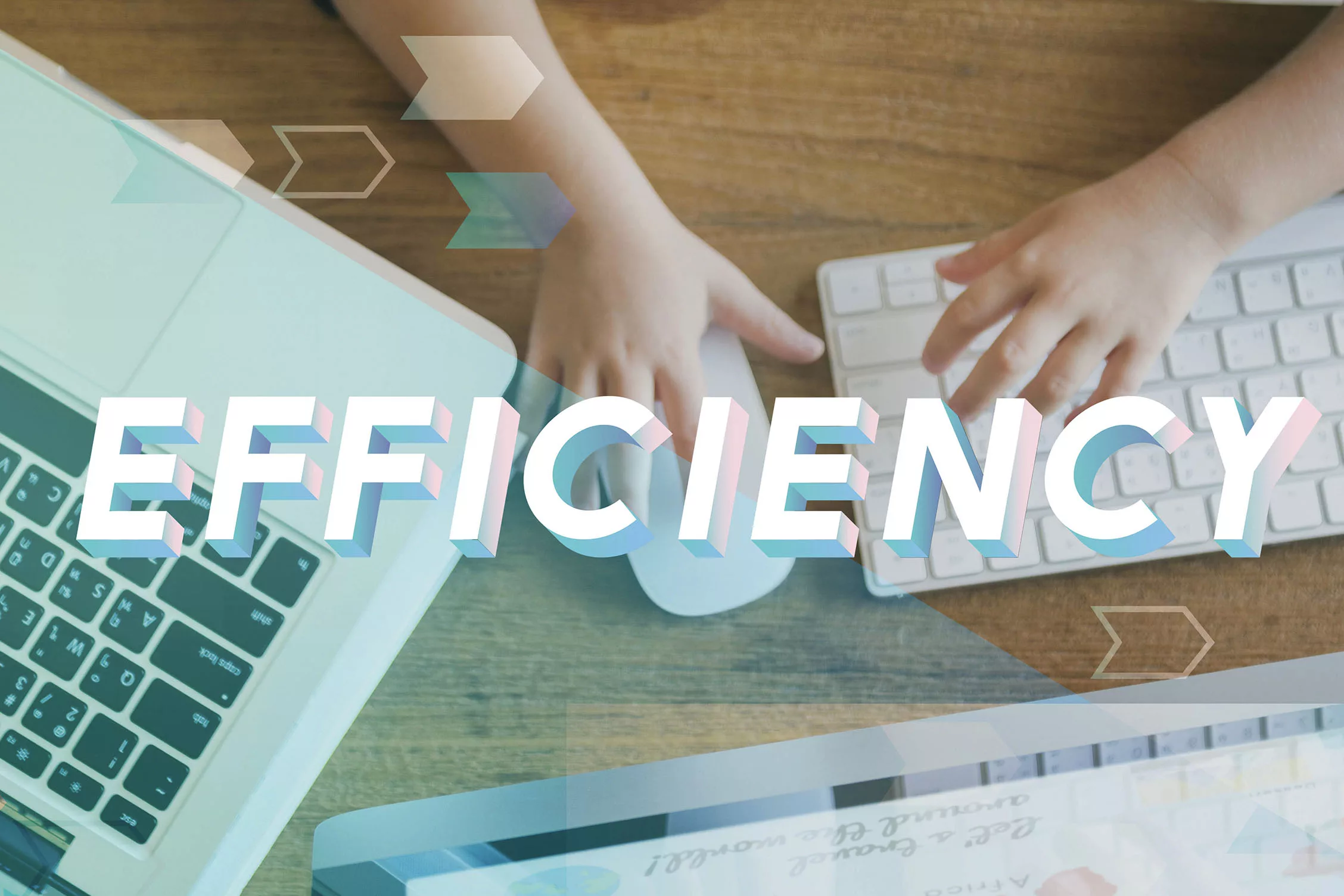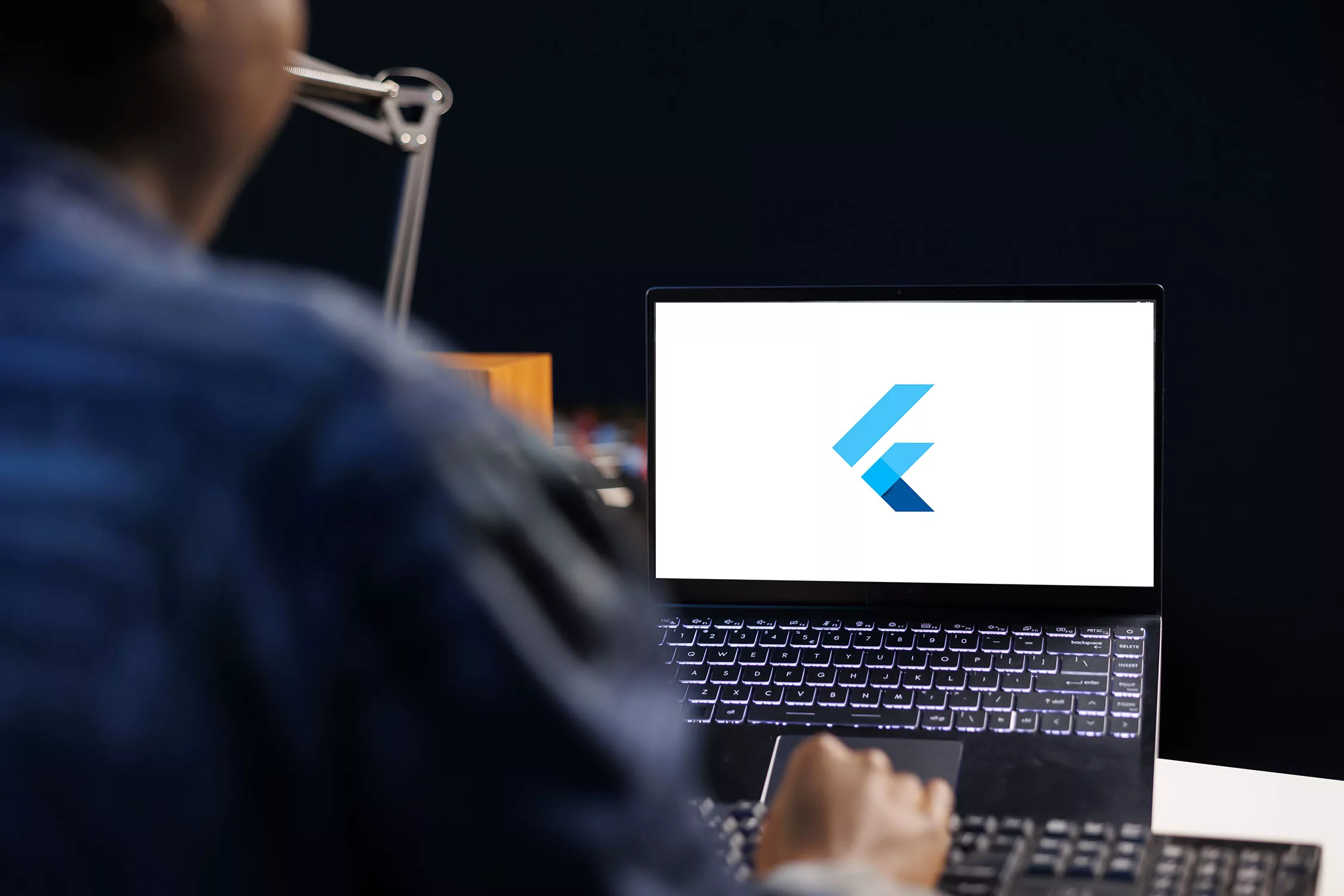Making informed choices about the technology stack is crucial for the success of your project. One such powerful and versatile stack is MERN, an acronym for MongoDB, Express.js, React.js, and Node.js. Hiring MERN developers brings a myriad of benefits that contribute to the efficiency, scalability, and maintainability of your applications.
MERN developers leverage the strengths of each component within the stack, offering a seamless end-to-end development experience. With MongoDB’s NoSQL database, Express.js for robust back-end capabilities, React.js for dynamic front-end interfaces, and Node.js providing a scalable runtime environment, MERN stands out for its ability to deliver high-performance and feature-rich applications.
This blog will delve into the top benefits of entrusting your development endeavors to MERN experts, exploring how their proficiency can elevate your projects to new heights.
Flexibility and Efficiency

Here are key reasons the MERN stack stands out for its flexibility and efficiency:
Seamless Integration of Front-end and Back-end Technologies
The MERN stack seamlessly integrates front-end and back-end technologies, fostering a cohesive development environment. This cohesion is achieved through the use of JavaScript across the entire stack. With React.js handling the front end and Node.js managing the back end, it helps you hire MERN app developers to collaborate more efficiently and avoid the complexities associated with language disparities.
Diverse Database and Library Options
MERN allows you to choose from various databases and libraries based on your project requirements. MongoDB, a NoSQL database, is the default choice, but the stack allows for easy integration with other databases if specific project needs arise. Additionally, the extensive npm (Node Package Manager) registry provides a wealth of libraries and modules that enhance the stack’s adaptability.
Accelerated Development Cycles
MERN stack promotes rapid development by leveraging pre-built modules and packages. React.js, with its component-based architecture, facilitates code reusability, reducing redundancy and speeding up development cycles. This agility is particularly advantageous if you hire MERN app developers with tight timelines.
Consistency with a Single Language (JavaScript)
The use of a single language, JavaScript, throughout the entire MERN stack enhances consistency and efficiency. If you are proficient in JavaScript, you can seamlessly transition between front-end and back-end tasks, eliminating the need for context switching between different languages. This not only streamlines your development process but also reduces the likelihood of errors associated with language discrepancies.
Real-time Feedback and Iteration
Efficiency is further heightened by the real-time feedback loop enabled by the MERN stack. You can witness changes in the user interface (UI) immediately with React’s virtual DOM, while Node.js facilitates swift server-side updates. This real-time feedback mechanism enhances collaboration within your development team, fostering a more iterative and responsive approach to project development.
Rapid Development

Here are key points that contribute to the expeditious development cycles enabled by MERN:
Utilization of Pre-built Modules and Packages
MERN leverages the extensive Node Package Manager (npm) registry. It provides you with a vast array of pre-built modules and packages. This not only accelerates development by eliminating the need to reinvent the wheel but also ensures the integration of proven and tested solutions. You can seamlessly incorporate these modules into your projects, significantly reducing the time and effort required for common functionalities.
Faster Development Cycles and Quick Prototyping
The MERN stack is designed for speed. React.js, with its component-based architecture, facilitates the creation of reusable UI components. This modular approach enhances code organization and expedites your development process. You can quickly prototype and iterate on features, thanks to React’s efficient rendering with the virtual DOM. This rapid prototyping capability is invaluable for refining your project requirements and achieving faster time-to-market.
Streamlined Collaboration with Full-Stack Capabilities
MERN developers are proficient in both front-end (React.js) and back-end (Node.js, Express.js) development. This full-stack expertise fosters seamless collaboration within your development team. You can work on both client-side and server-side components of the application, eliminating communication barriers and expediting the resolution of your issues. This holistic approach ensures that your development process is well-coordinated and efficient.
Agile Development with Real-time Updates
The MERN stack promotes an agile development methodology by enabling real-time updates. React’s virtual DOM allows you to witness changes in the UI instantaneously, facilitating quick adjustments and iterations. Additionally, Node.js supports non-blocking, event-driven architecture, enhancing the responsiveness of your server-side operations. This real-time feedback loop ensures your development team can adapt swiftly to changing requirements and deliver a product that aligns closely with client expectations.
Increased Productivity Through Code Reusability
You can create modular and reusable components, reducing redundancy and promoting consistency across your application. This not only accelerates initial development but also streamlines maintenance and updates. The ability to reuse code components enhances developer productivity and contributes to the overall efficiency of your development process.
Reusability of Code

Here’s how MERN’s code reusability facilitates your development process:
Modular Design for Reusable Components
React.js, a fundamental part of the MERN stack, employs a component-based architecture that revolutionizes code organization and reusability. In this model, you create modular UI components, each encapsulating specific functionality. These components act as self-contained units, promoting a clear separation of concerns. This modular design enhances your code maintainability and facilitates the seamless reuse of components across different sections of the application.
Component Libraries and npm Packages
One of the distinctive features of the MERN stack is its integration with the Node Package Manager (npm). This extensive registry provides pre-built modules and packages, including a rich assortment of React components. You can leverage these packages to integrate sophisticated functionalities without building everything from scratch. Whether it’s UI elements or complex functionalities, npm packages enhance code reusability and contribute to the efficiency of MERN development.
Shareability of Code Between Client and Server
The uniform use of JavaScript across the entire MERN stack is a key enabler for sharing code seamlessly between the client and server. MERN developers proficient in JavaScript can write code components that are easily transferrable between the front-end (React.js) and back-end (Node.js). This shared code approach extends to various aspects, such as validation logic, utility functions, and even certain business logic. The result is a more streamlined and consistent codebase, reducing the effort required for maintenance and updates.
Consistent Data Structures
The MERN stack promotes consistency in data structures by using JSON (JavaScript Object Notation) for data exchange. With a shared data format, you can create reusable code for tasks such as data processing, serialization, and validation. The consistency in data structures ensures that code components dealing with data can be seamlessly applied on both ends of the application.
Single Language Proficiency
One of the standout advantages of the MERN stack is the use of a single language, JavaScript, across both front-end and back-end development. This unification simplifies your development process by eliminating the need for developers to switch between different languages. You can seamlessly navigate the entire codebase, addressing issues, adding features, and ensuring consistency without the cognitive overhead of managing multiple languages.
Scalability

Here’s how MERN supports scalability and contributes to the growth of applications:
Handling Increased Loads and Growing User Bases
MERN’s architecture handles increased loads and accommodates growing user bases. MongoDB, a NoSQL database used in the MERN stack, allows seamless distribution of your data across multiple servers. This ensures that as your application experiences increased traffic or user demand, you can scale the database horizontally by adding more servers, enhancing its performance and responsiveness.
Node.js and Non-blocking, Event-Driven Architecture
Node.js, as the back-end runtime in the MERN stack, Node.js employs a non-blocking, event-driven architecture. This design enables the server to handle many concurrent connections efficiently. In high-traffic scenarios or simultaneous user interactions, Node.js can manage numerous requests concurrently without creating bottlenecks. This non-blocking nature contributes to the scalability of your MERN applications, making them well-suited for projects with varying levels of demand.
Modular Design for Scalable Components
The modular design philosophy of React.js encourages the creation of reusable and scalable components on the front end. These components can be easily extended or adapted to accommodate new features or changing requirements. This modular approach, coupled with React’s virtual DOM, enhances the efficiency of rendering updates and contributes to a more scalable and maintainable front-end architecture.
Database Flexibility for Diverse Scalability Needs
MongoDB’s flexibility allows you to choose the most suitable scaling strategy for their application. Whether scaling horizontally by adding more servers to distribute the load or vertically by enhancing the capabilities of existing servers, MongoDB has diverse scalability needs. This flexibility is crucial for applications that experience rapid growth and need to adjust their infrastructure accordingly.
Community Support and Resources

Here’s how community support enhances the MERN development experience:
Active and Vibrant Developer Community
MERN enjoys a large and active developer community for its continuous growth and improvement. Developers from around the world actively engage in discussions, share insights, and collaborate on various open-source projects related to the stack. This community-driven approach fosters camaraderie and ensures you have a valuable network to turn to for advice, guidance, and problem-solving.
Extensive Documentation and Tutorials
From official documentation for each component of the stack to community-driven tutorials and guides, developers have access to a wealth of resources. This documentation facilitates learning for beginners and serves as a comprehensive reference for seasoned developers. It offers insights into best practices, use cases, and advanced techniques.
Forums and Online Communities
Numerous online forums and communities dedicated to MERN development provide platforms for developers to seek help, share experiences, and exchange ideas. Platforms like Stack Overflow, Reddit, and dedicated MERN forums host discussions on common challenges, troubleshooting, and optimization strategies. The collective knowledge of the community addresses specific issues and stays informed about the latest developments in the MERN ecosystem.
Open-Source Contributions
The MERN community actively contributes to open-source projects, creating a collaborative environment where you can enhance existing tools, libraries, and frameworks. This open-source ethos promotes innovation and ensures the stack remains dynamic and adaptable to emerging technologies. You can leverage these contributions to enhance their projects by addressing specific needs or seamlessly integrating new features.
Meetups and Conferences
The MERN community organizes and participates in meetups, conferences, and webinars worldwide. These events provide valuable opportunities to network, share experiences, and stay updated on the latest trends and advancements in MERN development. Attendees benefit from insightful talks, workshops, and hands-on sessions, fostering community and mutual learning.
Cost-Effectiveness

Here are key points that make MERN development cost-effective.
Reduction in Development Costs
The MERN stack’s open-source nature is a cornerstone of cost-effectiveness. All components—MongoDB, Express.js, React.js, and Node.js—are freely accessible, eliminating licensing fees and providing businesses, especially startups and SMEs, with a budget-friendly solution without compromising on technology quality. This inherent cost-saving attribute makes MERN an appealing choice for projects with financial constraints.
Access to a Large Pool of Skilled Developers
MERN’s popularity has cultivated a robust community of skilled developers. Leveraging this talent pool enables businesses to reduce hiring costs and accelerate team assembly. The widespread adoption of MERN technologies ensures that businesses can tap into a diverse range of skilled professionals, optimizing costs and facilitating the swift establishment of competent development teams.
Long-Term Cost Savings Through Efficiency
Efficiency is a key driver of long-term cost savings in the MERN stack. The emphasis on rapid development cycles, code reusability, and streamlined workflows leads to shorter development times, directly translating into tangible cost savings. This is particularly valuable for projects where time-to-market is a critical factor. Additionally, MERN’s scalability features ensure that applications can grow organically without incurring disproportionate costs, aligning infrastructure needs with project success.
Reduction in Maintenance Costs
MERN’s approach to maintenance is underpinned by code consistency and reusability. The use of a single language (JavaScript) across the entire stack enhances code consistency, simplifying maintenance efforts. The front-end’s code reusability, facilitated by React.js, further streamlines updates and modifications. By leveraging reusable components, you can reduce the effort required for maintenance tasks, resulting in efficient and cost-effective long-term code management.
Community Support for Issue Resolution
MERN’s active developer community serves as a valuable resource for issue resolution. You can seek advice, share challenges, and collaborate on solutions through forums and online communities. This collective problem-solving approach not only expedites issue resolution but also minimizes the time and costs associated with troubleshooting.
Cross-Platform Development

Here are key points that contribute to the cross-platform development of the MERN:
Ease of Developing Cross-Platform Applications
MERN’s architecture allows you to create seamless applications across multiple platforms, including web browsers, mobile devices, and desktop environments. With React.js handling the front end, you can design responsive and adaptive user interfaces that maintain a consistent experience across various devices, reducing the need for separate development efforts for each platform.
Code Portability Across Different Platforms
JavaScript, the primary language used in the MERN stack, contributes to code portability. With a single codebase for both front-end and back-end development, you can write code that is easily transferable across different platforms. This not only streamlines the development process but also ensures consistency in features, user experience, and functionality across various platforms.
Examples of Successful Cross-Platform Applications Developed with MERN
Numerous successful applications have been developed using the MERN stack, showcasing its prowess in cross-platform development. Whether it’s social media platforms, e-commerce solutions, or content management systems, MERN has proven its versatility. Examples such as Uber and Airbnb demonstrate how MERN’s capabilities extend across different platforms, providing inspiration and validation for businesses seeking to build applications with broad accessibility.
Streamlined Development Workflow for Multiple Platforms
The MERN stack promotes a streamlined development workflow for multiple platforms. The use of React.js for the front end and Node.js for the back end ensures a cohesive and efficient development process. You can work on both aspects of the application within a unified codebase, eliminating the need for separate development teams for web, mobile, and other platforms. This integrated approach accelerates the development timeline and enhances collaboration within the development team.
Consistent User Experience Across Platforms
One of the key advantages of cross-platform development with MERN is the ability to provide users with a consistent experience regardless of the platform they are using. The component-based architecture of React.js allows you to create reusable UI components, ensuring that the look and feel of the application remain consistent across different devices. This consistency contributes to a positive user experience and helps in building brand recognition.
Leveraging MERN Developers for Transformation and Witness Growth
Want your project to be successful and evolving? Hire MERN developers from VinnCorp to build them.
We provide Silicon Valley standard MERN developers who never fell short of developing successful projects. They have a solid record and portfolio that speaks of their experience and capability. From replicating an idea to building a project on your custom requirements, they transition your vision into reality.
Contact us today to discuss your requirements and hire MERN developers as quickly as 24 hours.